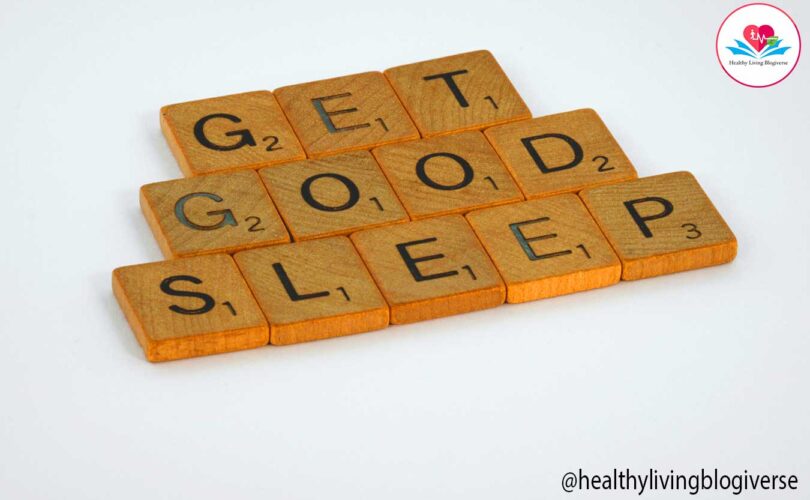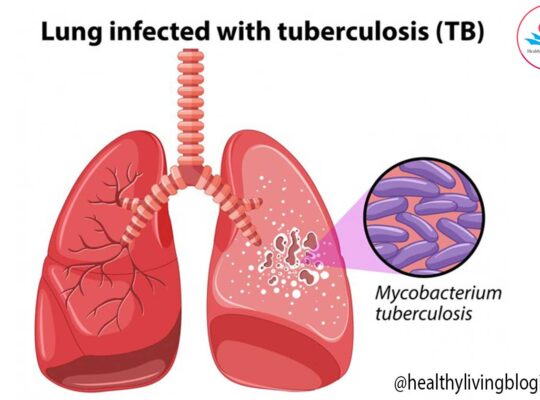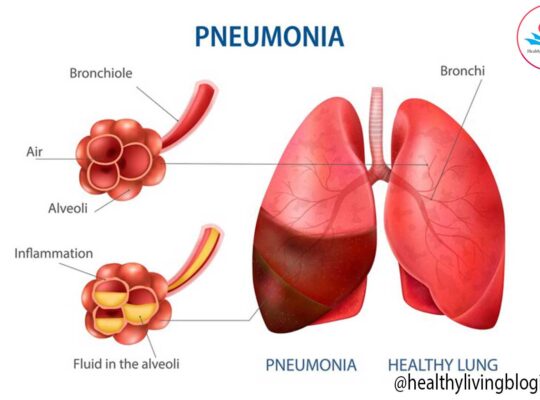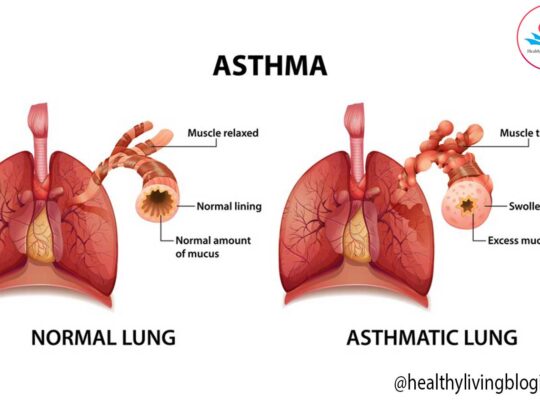How can we define a high-quality and rejuvenating sleep?
Adequate sleep refers to getting enough quality sleep to support optimal physical and mental well-being. It is essential for our overall health and functioning. The amount of sleep needed can vary from person to person, but most adults generally require between 7 to 9 hours of sleep each night.
Quality sleep involves getting uninterrupted and deep sleep cycles, including both rapid eye movement (REM) and non-rapid eye movement (NREM) stages. During sleep, the brain and body undergo vital restorative processes, such as memory consolidation, cellular repair, and hormone regulation.
Adequate sleep offers several benefits, including improved cognitive function, increased concentration and productivity, enhanced immune system, better emotional well-being, and reduced risk of chronic health conditions.
To ensure a good night’s sleep, it’s helpful to establish a consistent sleep schedule, create a comfortable sleep environment, practice relaxation techniques before bed, limit exposure to electronic devices, avoid caffeine and heavy meals close to bedtime, and engage in regular physical activity.

- Remember, prioritizing sufficient and quality sleep is crucial for maintaining optimal health and enjoying a productive and fulfilling life. Sweet dreams!
What are some key elements of a well-regulated sleep routine that contribute to overall well-being?
A correct sleeping pattern refers to a regular and consistent schedule of sleep that allows for adequate rest and optimal functioning during waking hours. It involves going to bed and waking up at the same time every day, including weekends. A proper sleeping pattern also prioritizes getting the recommended amount of sleep for each age group, which is typically between 7-9 hours for adults. Additionally, practicing good sleep hygiene, such as creating a comfortable sleep environment and avoiding caffeine and electronics before bedtime, can contribute to maintaining a healthy and effective sleeping pattern.
“What are the principles of good sleep hygiene?”
Getting enough quality sleep is crucial for our overall health and well-being. Here are some tips to maintain good sleep hygiene:
- Stick to a Consistent Schedule: Establish a regular sleep schedule and try to go to bed and wake up at the same time every day, even on weekends. This helps regulate your body’s internal clock.
- Create a Restful Environment: Make sure your bedroom is quiet, dark, and at a comfortable temperature. Consider using earplugs, eye shades, or white noise machines to block out any distractions that might disturb your sleep.
- Avoid Stimulants: Limit your intake of caffeine, nicotine, and alcohol, particularly close to bedtime. These substances can disrupt your sleep patterns and make it harder to fall asleep or stay asleep.
- Implement a Bedtime Routine: Establish a relaxing routine before bed to signal to your body that it’s time to sleep. This could include activities such as reading a book, taking a warm bath, or practicing relaxation techniques like deep breathing or meditation.
- Exercise Regularly: Engaging in regular physical activity can help promote better sleep. However, try to avoid intense exercise too close to bedtime, as it might stimulate your body and make it harder to wind down.
- Limit Screen Time before Bed: The blue light emitted by electronic devices like smartphones, tablets, and computers can interfere with your body’s production of melatonin, a sleep-regulating hormone. Try to avoid screens at least an hour before bed.
- Create a Comfortable Sleep Environment: Invest in a supportive mattress, comfortable pillows, and breathable bedding to ensure you’re optimizing your sleep comfort.
Remember, everyone’s sleep needs and patterns are different, so it’s important to listen to your body and make adjustments that work for you. By adopting good sleep hygiene practices, you can improve the quantity and quality of your sleep, leading to enhanced overall well-being.







